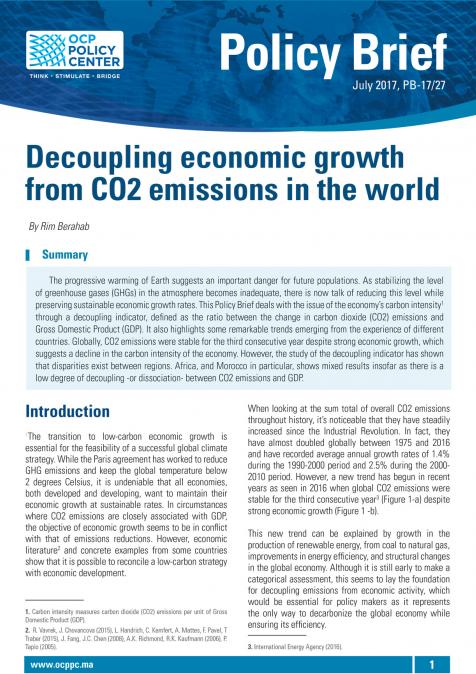Podcasts
The Fragility Paradox: Energy Systems and Technological Vulnerabilities
10
January
2025
Related topics:
Our modern world relies on fragile systems—vulnerable to risks like massive solar storms, dependent on rare earth minerals, and deeply interconnected with China’s dominance in global supply chains. As demand for sustainable energy surges, solutions like advanced battery recycling and seabed mining offer hope but also raise ethical and environmental concerns. In this podcast, we explore the delicate balance between innovation, security, and sustainability, and what it takes to build a more resilient future.







